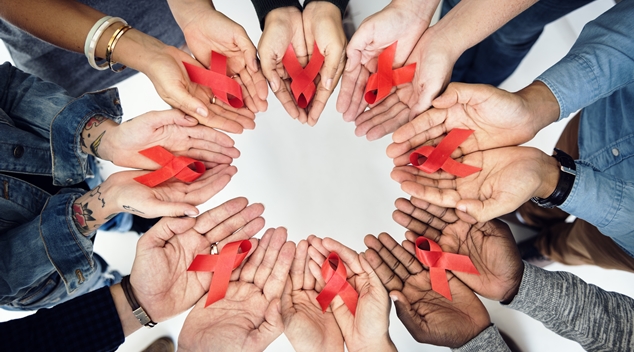
The war in Ukraine has caused wide spread destruction of infrastructure and services, and steps are now being taken to ensure that people living with HIV are still able to access vital medication.
Faced with alarming reports of disrupted HIV treatments threatening the lives of thousands of people, the World Health Organisation, the United States President’s Emergency Plan for AIDS Relief (PEPFAR), Ukrainian authorities and partners are ensuring the supply of antiretroviral drugs (ARVs), covering most of the needs of every single person known to be living with HIV in Ukraine for the next 12 months.
“This war has the potential to undermine the hard-earned progress of recent years on a number of health issues, including HIV. We couldn’t let that happen when Ukraine had begun to turn a corner on HIV, with fast-growing access to antiretroviral drugs, as well as improved diagnosis and treatment,” said Dr Hans Henri P. Kluge, WHO Regional Director for Europe.
Beginning in March the coalition of organisations ensured the procurement of 209 000 packs of the antiretroviral drug TLD (tenofovir, lamivudine and dolutegravir).
The threat of disrupted treatments
An estimated 260 000 people are living with HIV in Ukraine. Prior to the war, over half, or nearly 150 000 people, were on life-saving antiretroviral treatment, including more than 2700 children. Without the access to the medicines they now have, these people would have been at grave risk.
To keep opportunistic infections such as tuberculosis (TB) at bay, continuous access to ARVs is vital. This is in line with WHO’s strategy of tackling what is sometimes referred to as a dual epidemic; with TB being one of the leading causes of death in people infected with HIV.
“What made this possible in a matter of weeks – much faster than ever before – is the fact that everyone was aware of what was at stake: the looming threat of treatments cut short. Every actor involved did their utmost to prevent disrupted treatments or people forced to change medication, something that can lead to loss of life,” said Dr Jarno Habicht, WHO Representative in Ukraine
Disrupting, stopping or changing HIV treatment can lead to complications including drug resistance, posing a grave threat to a patient’s health and making the disease more difficult and expensive to treat.
In addition to the highly efficient and cost-effective TLD, about to be delivered to health facilities across Ukraine, a procurement of additional ARVs is ongoing. A donation of the HIV drug dolutegravir will also be available soon, to treat infants living with HIV.
Resilient HIV services
The impact of the war has been devastating for Ukraine’s health system. HIV services, however, although still reeling from the impact of COVID-19, have shown remarkable resilience since the war started in late February.
A number of lessons learned from the pandemic have benefitted HIV services in past weeks – multi-month prescribing, drugs delivered by post and consultations by phone being just three examples of such good practice.
Source: Media Release
You can support our work by subscribing to our Patreon
or contributing to our GoFundMe campaign.





